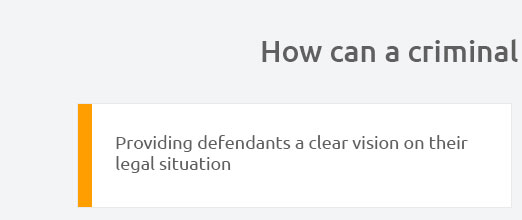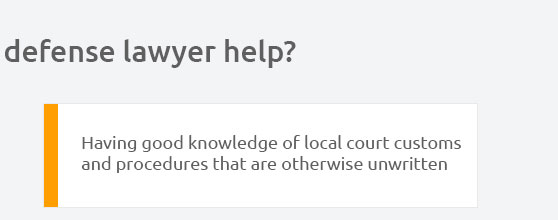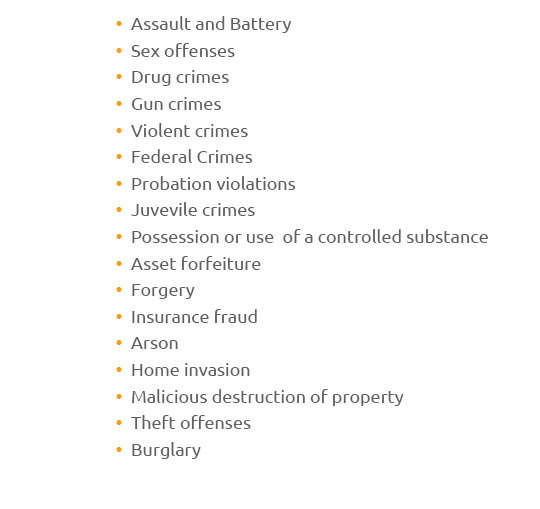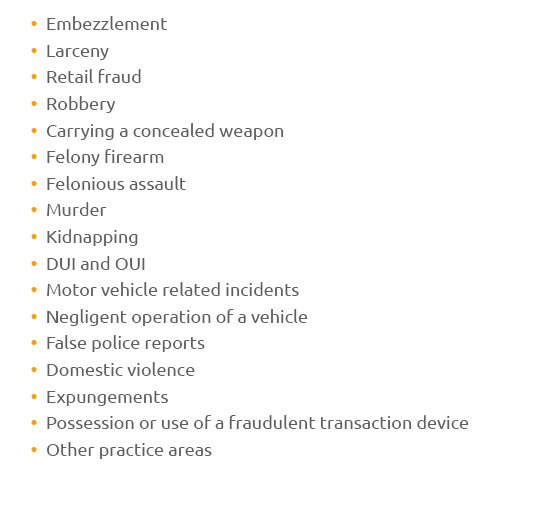 |
|
||||
 |
 |
 |
 |
 |
 |
 |
 |
 |
 |
 |
 |
|
 |
 |
 |
|
||||
|
If you're seeking an experienced criminal attorney in Olympia, WA, our law firm is ready to defend your rights. Our skilled team of criminal attorneys in Olympia, WA, is dedicated to providing personalized legal strategies for every case. Trust our Olympia, WA criminal attorneys to navigate the complexities of your legal situation with expertise and commitment. With years of experience, our Olympia, WA criminal attorneys have a proven track record of achieving favorable outcomes for our clients. For top-notch legal representation, consult our criminal attorney in Olympia, WA, who prioritizes your case and fights diligently for justice.
https://lawyers.findlaw.com/lawyer/firm/criminal-law/olympia/washington
Best Olympia Criminal Defense Attorneys - Witt Law Group PS. Criminal Defense Lawyers Serving Olympia, WA (Tumwater) - Garguile DUI & Traffic ... https://www.justia.com/lawyers/criminal-law/washington/olympia
Carrie Fulton-Brown - (360) 276-9598 - 10.0 Justia Lawyer Rating for Carrie Fulton-Brown. Experienced criminal defense lawyer who will fight for you. Call today!
|




